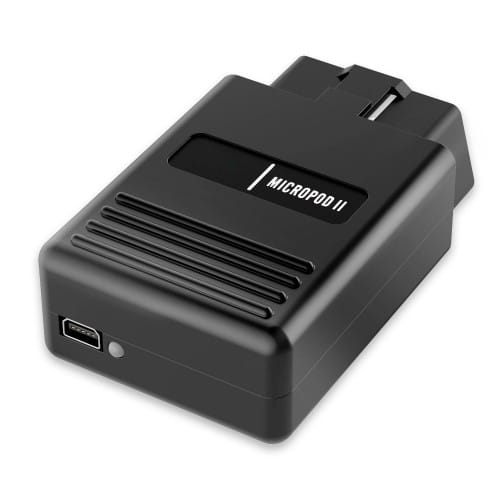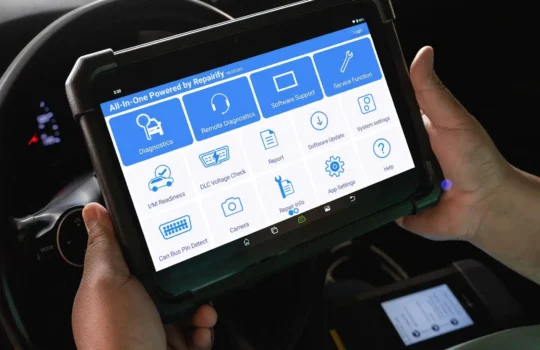How Long Do Brakes Last? Brake Lifespan & Maintenance Tips
TL;DR: Most brakes last between 30,000 to 70,000 miles with proper maintenance and timely inspections.

Introduction
When it comes to vehicle safety, understanding how long brakes last is crucial. Knowing your brake life expectancy not only ensures safe driving but also helps you plan maintenance before a minor issue becomes a costly repair. In this article, we will explore the factors affecting brake lifespan, brake maintenance tips to prolong performance, how to recognize brake pad wear indicators, and guidelines for when to replace brake pads. Whether you are asking how many miles do brakes last or how long should brake pads last, this comprehensive guide covers all the essential points to keep your brake system performing efficiently.
Requirements/Tools
Before delving into the details of brake lifespan and maintenance, ensure you have the necessary tools and safety equipment for a basic brake inspection:
- Jack and jack stands
- Lug wrench
- Flashlight
- Brake cleaner
- Gloves and safety glasses
Step Sequence
Step 1: Understand Brake System Components
Your brake system is a complex assembly including brake pads, rotors, calipers, and brake fluid. Familiarizing yourself with these brake system components helps you better appreciate how each part contributes to overall performance and safety. The quality of materials and driving conditions significantly influence how long brakes last.
Step 2: Determine Brake Life Expectancy
Typically, vehicles experience brake life expectancy between 30,000 and 70,000 miles. However, this range varies based on driving habits, road conditions, and regular maintenance. Monitoring your brake usage can provide clues on how many miles does brakes last, ensuring you are not caught off guard by sudden wear.
Step 3: Identify Signs of Worn Brakes
Look for common signs that indicate your brakes need attention: unusual noises like squealing or grinding, diminished responsiveness, a vibrating pedal, or the appearance of debris on the brake pad surface. These signs of worn brakes are strong indicators that action is required soon.
Step 4: Learn When to Replace Brake Pads
One of the most important maintenance routines is knowing when to replace your brake pads. Factors such as constant stop-and-go traffic or steep terrain can accelerate wear. If you experience persistent noises, reduced braking effectiveness, or visible thinning of the pad material, it is time to consider replacement. Use these brake pad wear indicators to help decide if replacement is urgent.
Step 5: Apply Brake Maintenance Tips to Extend Brake Life
Routine maintenance is key to extending the overall brake lifespan. Regularly check your brake fluid levels, inspect the brake pads, and ensure rotors are free from deep grooves or damage. Additionally, avoid aggressive driving habits that accelerate brake wear. These brake maintenance tips not only ensure safety but also optimize your brake lifespan further.
Troubleshooting/FAQs
Even with proper maintenance, certain issues may affect brake performance. Here are some common troubleshooting tips and frequently asked questions:
- Uneven Brake Pad Wear: This may indicate a problem with the caliper, which might be sticking, or an issue with the brake system alignment.
- Brake Fluid Leaks: Leaks can lead to reduced braking efficiency. Check for fluid around the wheels and under the vehicle.
- Vibration When Braking: Warped rotors or an uneven brake pad surface could be the reason behind such vibrations. Timely rotor resurfacing or replacement can solve this issue.
FAQ 1: What mile range should I expect for my brakes?
Most brake pads last between 30,000 and 70,000 miles, but your driving habits and conditions can cause variations.
FAQ 2: How do I know if my brake pads are worn out?
Key indicators include squealing noises, reduced responsiveness, and visible thinning of the pad material.
FAQ 3: Can I extend the life of my brakes?
Yes, with regular maintenance, careful driving, and timely inspections, you can extend the lifespan of your brake system significantly.
Conclusion/CTA
Understanding how long brakes last and knowing the symptoms of wear can ensure your vehicle remains safe and efficient. Whether you are examining brake life expectancy or seeking brake maintenance tips, it is clear that regular inspections and proper care are key. Remember, if you experience persistent issues or uncertainties regarding when to replace brake pads, consider consulting a professional mechanic. For more detailed insights on brake care, visit our Maintenance and OEM page.
Timely checks and professional guidance can save you time and money, including avoiding unexpected costs, such as the average brake replacement cost that might come as a surprise.
Written by Alex B., ASE Master Tech
Word count: 688


